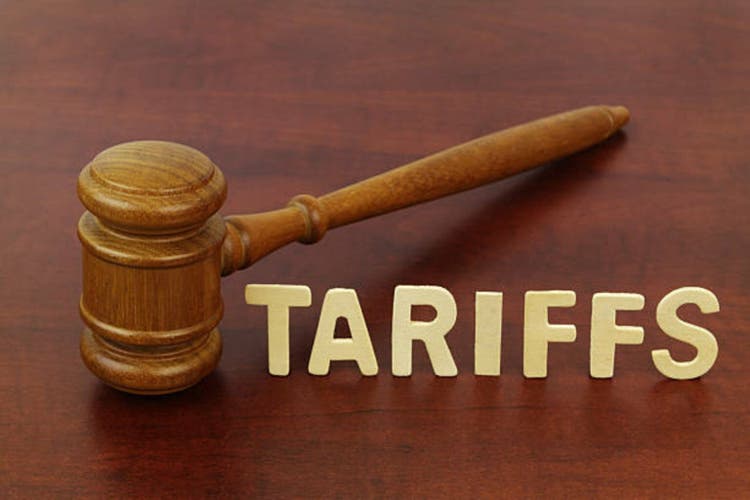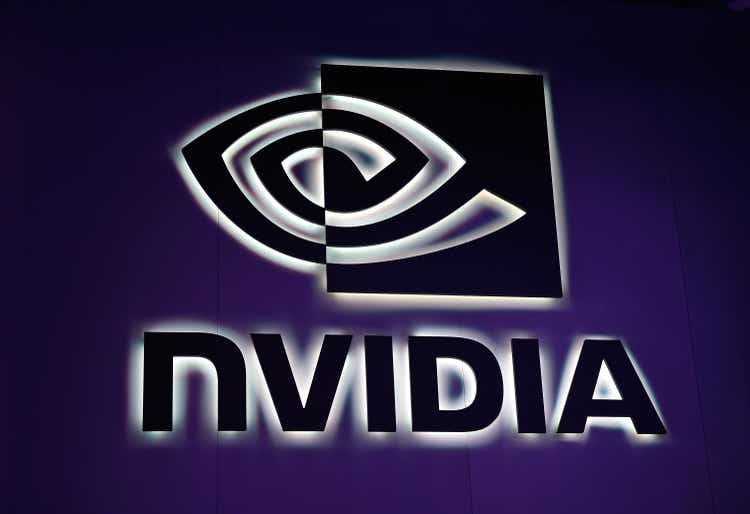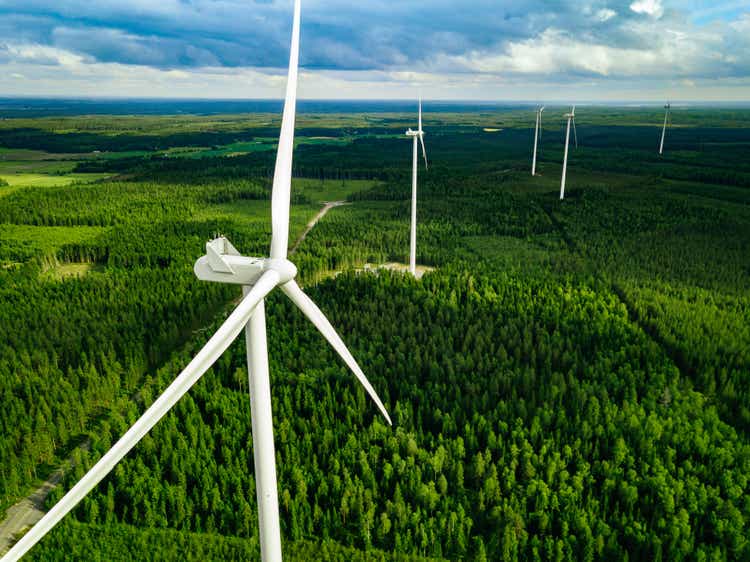The rise of AI is a tale of haves and have-nots. The power-hungry sector demands near-endless resources, from computing power to engineering talent, meaning top companies are mostly restricted to being based in the world’s superpowers. OpenAI, the most valuable startup operating in the space, wants to change that, announcing a new initiative to help other countries build out their own AI infrastructure.
Speaking on Wednesday at Fortune’s ASEAN-GCC Economic Forum in Malaysia, OpenAI chief strategy officer Jason Kwon argued that his company’s ambitious program will help countries determine their own future in the booming industry, even as the cost to create home-grown competitors remains prohibitive for most nations. “Infrastructure is destiny,” Kwon said on a panel.
He pointed at OpenAI’s first pilot for the program, in the United Arab Emirates. Though hardly a cash-strapped country, the UAE still pales in size compared to the U.S. and China, and OpenAI’s partnership represents its first international deployment of its Stargate platform, which will aim to direct hundreds of billions of dollars into infrastructure development.
Kiril Evtimov, the chief technology officer of the leading UAE AI company G42, joined Kwon onstage in Malaysia, arguing that countries will have to be inventive to achieve technological autonomy, such as relying on open-source models for specific use cases, like embedding AI into government services, when other costs grow too prohibitive. “Technically, this is probably as sovereign as it will get,” Evtimov said. “It’s always about balance.”
OpenAI for countries
Headquartered in California, OpenAI has amassed a staggering—and unprecedented—amount of funding for a private company, closing its latest round in March, valuing the ChatGPT developer at $300 billion. But even as the company swells, its CEO, Sam Altman, continues to hammer its mission of creating AI for all—which includes non-U.S. countries, even as geopolitical tensions simmer.
Speaking on Wednesday’s panel, Kwon argued that OpenAI aims to work individually with countries depending on their own needs, even if they cannot afford to build out multi-billion-dollar data centers like the UAE. “It’s not just about having capital,” he said. “We’ll provide the engine, and they’re going to be providing the steering.”
While the growing isolationist strain in Washington, led by President Trump, could dissuade some countries from working with U.S.-based tech firms, Kwon said that OpenAI’s job is to listen to what they want to achieve, including localizing models. In the company’s release announcing the initiative last week, it cited potential examples like providing customized ChatGPT to citizens that can deliver healthcare services and helping to raise and deploy a national startup fund.
Still, OpenAI’s move to help develop infrastructure, especially in the Middle East and with support from the Trump administration, has drawn criticism from some China hawks who have raised national security concerns. Trump’s AI and crypto czar, David Sacks, pushed back in an X post earlier this month, calling the investment “hugely beneficial for the United States.”
With OpenAI quickly becoming one of the world’s largest and most influential tech companies, its scope continues to grow, especially with last week’s announcement of its $6.5 billion acquisition of legendary Apple designer Jony Ive’s startup to build AI-native hardware devices.
Kwon said that OpenAI’s decision was rooted in its belief that AI is shifting how humans will interact with computers, necessitating new modes of communication. “We need to be a full-stack competitor,” he said.
This story was originally featured on Fortune.com

 1 day ago
1
1 day ago
1



















 English (US) ·
English (US) ·